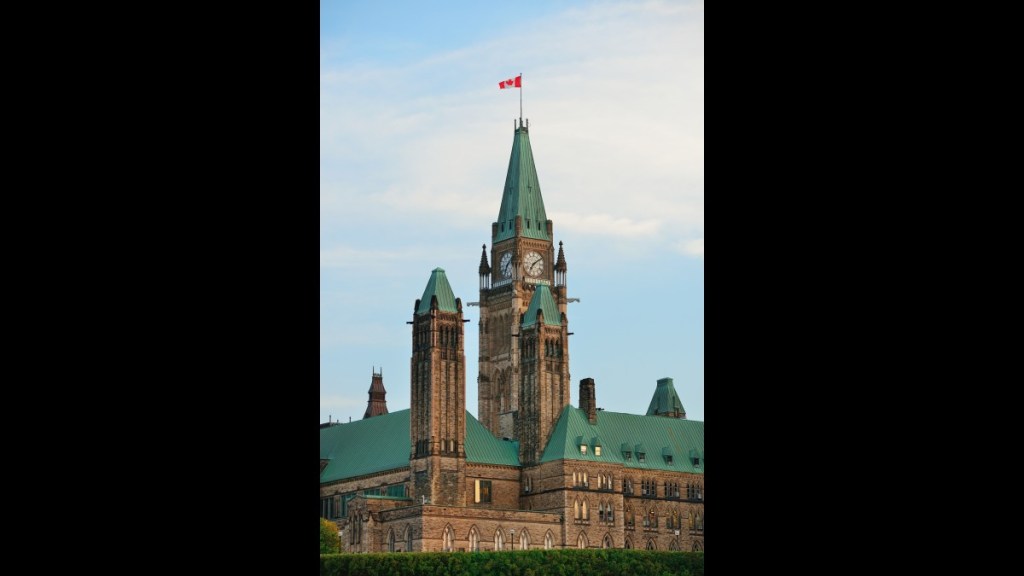Earlier this year, Canada’s Immigration, Refugees, and Citizenship Canada (IRCC) announced a cap of 606,000 study permit applications to be processed in 2024. According to data from the ed-tech company ApplyBoard, between April and June 2024 (Q2), IRCC processed 127,700 new study permits. In contrast, 238,800 applications were processed during the same period in 2023, marking a 54% year-over-year decrease.
A data analysis indicates that in 2024, 39% fewer study permits are expected to be processed overall compared to 2023. Between January and June 2024, just under 114,000 study permits were approved for post-secondary education, compared to nearly 220,000 in the same period the previous year, representing a 48% decline. The report projects a 39% decrease in study permit applications for the entire year.
Approval rates have also dropped. From January to June 2024, around 114,000 new study permits were approved for post-secondary education, a 48% reduction compared to the 220,000 approvals in the same period in 2023. If current trends persist and the approval rate remains at 51%, approximately 231,000 permits are expected to be approved for the full year, down 47% from the 436,600 approvals in 2023.
Regionally, Ontario and British Columbia, which host the largest populations of international students, have been most affected. Ontario saw a 70% decline in post-secondary study permit applications, while British Columbia experienced a 49% drop. Other regions, such as Quebec, saw stable permit numbers, while the Maritime provinces (Nova Scotia, New Brunswick, and Prince Edward Island) witnessed smaller declines.
Searches for “study in Canada” have also fallen by 20% compared to 2023, indicating a possible shift in interest toward other destinations. Although Indian students, who made up almost 50% of Canada’s international post-secondary student population in 2023, continue to have a high approval rate of 85% in the first half of 2024, their overall application volume has declined. Experts suggest this may reflect changing preferences among prospective students.


